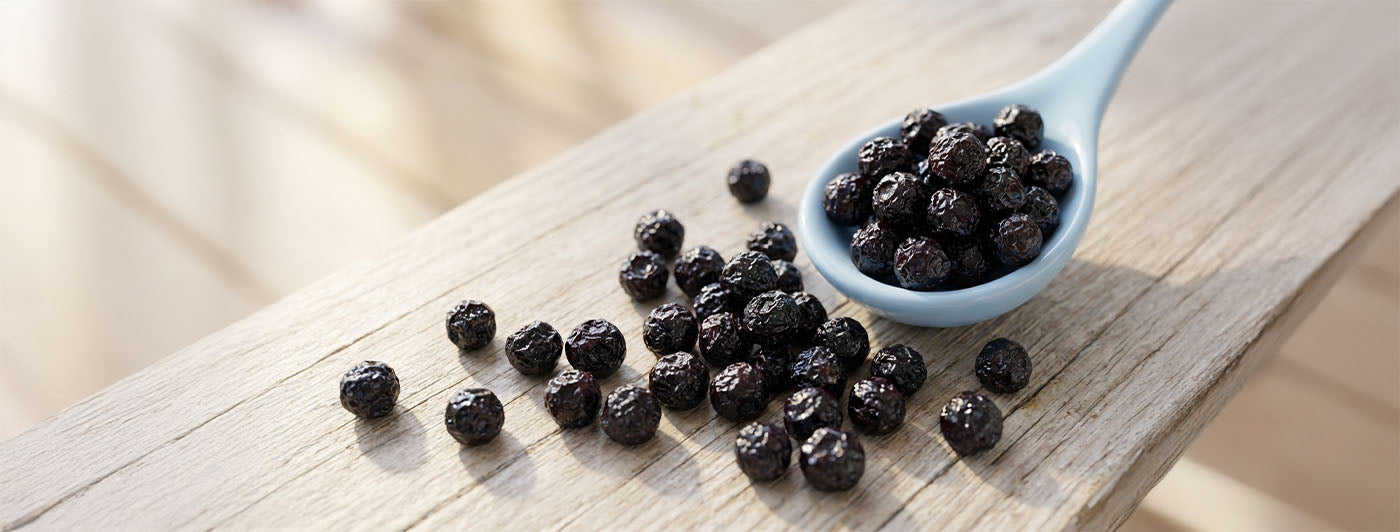What if I told you that one of the most powerful protein sources in India doesn’t come in a tub, isn’t expensive, and isn’t marketed as a fancy superfood—yet delivers more nutrition than many modern supplements? This forgotten hero is sattu, and once you understand the strength of sattu protein per 100g, you’ll realise why our ancestors relied on it for stamina, strength, and long-lasting energy.
If you’re searching for clean, sustainable plant protein without additives, preservatives, or high costs, sattu stands out as one of the most underrated superfoods of India.
Sattu has been a staple in Indian kitchens for centuries, but in recent years it has resurfaced as a modern wellness powerhouse. One major reason is the impressive nutrient value of sattu protein per 100g, which makes it incredibly valuable for vegetarians, fitness enthusiasts, and those looking to improve their overall nutrition in the simplest possible way.
This article dives deep into the 10 most important things you must know about sattu—its protein content, health benefits, comparisons, and why it may be the most overlooked superfood hiding in plain sight.
1. What Is Sattu Protein per 100g?
Sattu is traditionally made by dry-roasting Bengal gram (chana) and grinding it into a fine, aromatic powder. The roasting process preserves nutrients and enhances digestibility. A study found that roasting chickpeas improves protein availability and reduces antinutritional factors, making the protein easier for the body to absorb.
When we speak about sattu protein per 100g, we refer to the approximate 20–22g of plant-based protein found in every 100 grams of sattu.
This makes it one of the richest natural protein sources available in Indian cuisine—especially beneficial for those who need an affordable, easy-to-digest protein option.
2. Muscle Benefits of Sattu Protein per 100g
If you're looking for a vegetarian-friendly muscle-supporting food, sattu protein per 100g offers a surprisingly strong amino acid profile. Its protein helps rebuild muscle tissue, support metabolism, and maintain lean mass.
Because sattu is light on the stomach and alkaline in nature, the nutrients in sattu protein per 100g are absorbed more efficiently. Many fitness enthusiasts even use it as a natural pre workout, as it provides sustained energy without the crash often seen with caffeine-based drinks.
3. Energy Boost from Sattu Protein per 100g
Unlike refined carbohydrates that spike blood sugar, sattu releases energy slowly. The balanced mix of protein, fibre, and complex carbohydrates in sattu protein per 100g ensures stable blood glucose levels. In fact, a peer-reviewed study noted that sattu mixes show a “medium to low glycaemic index”, making them suitable for obese and diabetic populations.
This is why sattu has been used for centuries by farmers, labourers, and travellers—it provides long-lasting satiety and stamina. If you struggle with mid-day fatigue, including sattu protein per 100g in your breakfast or lunch can significantly stabilise your energy curve.
4. Gut Benefits of Sattu Protein per 100g
Sattu is exceptionally gut-friendly because it contains both soluble and insoluble fibre. These support digestion, improve bowel movement, and feed beneficial gut bacteria. The fibre in sattu protein per 100g also acts as a mild prebiotic, reducing acidity and bloating.
Compared to heavier protein-rich foods like rajma and chole, sattu is much gentler on digestion—making it suitable even for individuals with sensitive stomachs.
5. Weight Loss Support from Sattu Protein per 100g
One of the biggest advantages of sattu protein per 100g is its high satiety value. Protein and fibre together slow digestion, reduce hunger cravings, and help prevent overeating.
Whether your goal is weight loss or weight stability, sattu keeps your appetite balanced. Interestingly, people who consume calorie-dense foods like chia seeds for weight gain can still benefit from adding sattu to maintain a balanced nutrient profile.
6. Sattu Protein per 100g vs Other Proteins
Here’s how sattu protein per 100g compares with other popular plant proteins:
|
Food |
Protein per 100g |
|
Sattu |
~22g |
|
Moong dal |
~24g |
|
Rajma |
~23g |
|
Almonds |
~21g |
If you’ve ever wondered which dal has highest protein, moong and urad top the list, but sattu is very close and far easier to digest.
While modern nutrition often promotes options like pea protein powder, sattu remains a whole-food source with superior fibre and micronutrient content.
7. Nutrients in Sattu Protein per 100g
Apart from protein, sattu protein per 100g contains:
-
Iron
-
Magnesium
-
Phosphorus
-
Manganese
-
Small amounts of calcium
These minerals support metabolism, energy production, hormonal balance, and immunity. If you're plant-based, pairing sattu with vitamin B12 fruits and vegetables or vitamin B12 rich dry fruits can help round out your micronutrient profile.
Sattu also complements other wholesome foods like plant protein, making it excellent for clean eating.
8. Skin Benefits of Sattu Protein per 100g
Protein-rich foods like sattu help maintain collagen, reduce inflammation, and promote brighter skin. And while trendy ingredients such as chia seeds for skin are widely recommended today, Indian households have long relied on sattu for its complexion-supporting minerals.
Because it supports gut health—and the gut-skin axis is well-documented—sattu protein per 100g naturally contributes to clearer, healthier skin over time.
9. Why Sattu Protein per 100g Is Affordable
One major reason sattu is becoming a global superfood is cost-effectiveness. Most high-protein foods—nuts, tofu, imported seeds, powders—come at a premium. But sattu protein per 100g offers exceptional nutritional value at a fraction of the cost, making it one of the most budget-friendly sources of plant-based protein.
It’s also sustainable: Bengal gram requires less water and supports local farmers, making sattu an eco-friendly dietary choice.
10. How to Use Sattu Protein per 100g Daily
There are many ways to enjoy sattu protein per 100g daily:

a) Traditional Sattu Drink
Mix sattu with water, lemon, black salt, and jaggery for an instant energy drink that cools the body and supports digestion.
b) Sattu Smoothie
Blend sattu with nut milk, bananas, dates, and greens. You can even combine it with a plant based protein powder for enhanced protein diversity.
c) Sattu Paratha
The classic sattu-stuffed paratha is delicious, filling, and rich in protein.
d) Sattu Porridge
Warm, soothing, and easy to digest—great for breakfast.
e) Sattu Laddoos
A nutritious snack combining protein, iron, and healthy fats.
For personalised intake, use a protein intake calculator to determine how much sattu you should consume each day based on your goals.
Final Thoughts
The true magic of sattu lies in the balance it delivers: high protein, digestive ease, steady energy, essential minerals, affordability, and sustainability. Once you understand sattu protein per 100g, it becomes clear why this age-old ingredient is making a modern comeback.
In a world filled with overly processed supplements and imported “superfoods,” sattu stands out as a clean, local, powerful source of plant protein that supports your health from multiple angles—muscle strength, digestion, energy, skin, and weight management. Many people today combine traditional foods like sattu with modern clean-formulated options such as Plantigo plant protein to build a well-rounded, sustainable, and nutrient-dense routine.
If you're looking to upgrade your diet with something wholesome, traditional, and scientifically backed, sattu protein per 100g is one of the simplest and most effective places to start.
Begin with one sattu drink or smoothie a day, observe how your energy and digestion respond, and slowly make it a habit. Your body will feel the difference.
Frequently Asked Questions
1. How much protein is in 100g of sattu?
100 grams of sattu contains approximately 20–22 grams of protein. This makes it one of the richest and most affordable plant-based protein sources in Indian diets.
2. Is it safe to eat sattu every day?
Yes, consuming a small portion of sattu daily is safe and healthy. It supports digestion, improves energy levels, and provides steady plant protein without heaviness.
3. Does sattu help with weight loss?
Yes. Sattu is naturally high in protein and fibre, which increases fullness and reduces unnecessary snacking. This makes it helpful for weight loss and appetite control.
4. Can sattu be taken on an empty stomach?
Absolutely. Drinking sattu on an empty stomach in the morning can support digestion, stabilise blood sugar, and provide sustained energy throughout the day.
5. Is sattu good for muscle building?
Yes. The 20–22g protein in sattu protein per 100g helps support muscle repair, recovery, and strength—especially when paired with regular exercise and a balanced diet.












